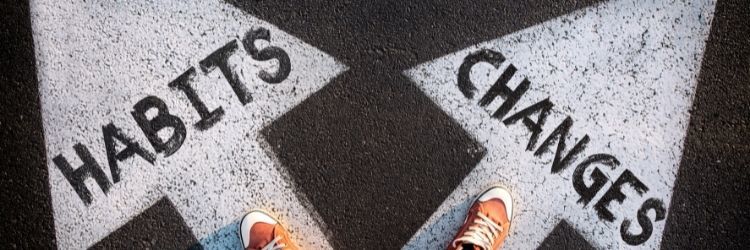Addiction Treatment

How to Treat Drugs Addiction?
Addiction has apparent impacts on the brain, essentially in the limbic system, which is liable for impressions of rewards and satisfaction. When an activity or substance provokes pleasure, the neurotransmitter dopamine is delivered to the brain. Drugs and addictive substances cause an incredibly sharp and sudden flood of dopamine to the brain, delivering up to 10 times as much dopamine as normal reactions.
The brain, incapable of competing with these high levels of dopamine, will eventually become unable to generate expected levels of the neurotransmitter, producing desires for the substance to heighten dopamine levels. Research has discovered that the speed and intensity of dopamine release are highly associated with how addictive that substance is.
It’s hypothesized that dopamine interacts with glutamate, a neurotransmitter tied for education and reward-related habit building. Addictions, whether to substances or activities, stimulate and overload this reward system, which is usually responsible for correlating pleasure with actions essential for survival, such as sex and food. After reformed stimulation, brain chemistry in the nucleus accumbens changes, and the brain starts to see the addiction as something that’s demanded. The brain will then evoke processes that motivate individuals to search for more drugs, leading to cravings, driven use, and withdrawal symptoms.

Addiction Treatment
Treatments Ways:-
Though addiction can seem inescapable, various effective, clinically affirmed treatments can support people overcome their addiction. Effective treatments regularly use a compound of different techniques for a more comprehensive approach, and potential treatments can include:
- Medication
- Detox and rehab
- Cognitive Behavioral Therapy and personalized psychotherapy one to one
- Samba Addiction programs
- Group therapy in addiction programs
- Drug education
- Deep TMS
Medication for likely underlying mental health difficulties similar to depression
substance addiction or alcoholism can drive to the instance of difficult withdrawal symptoms developing if drugs use is stopped “cold turkey.” Withdrawal symptoms involve hallucination, seizures, heart attacks, strokes, or delusions, so efforts at self-treatment for an addiction could be hazardous. Addiction specialists or other healthcare experts can treat addiction – an addiction expert may conclude that dedicated medical care like detox or medication is crucial.
Read More about Addiction Treatment
Our medical and administrative staff provide effective and essential information to patients and their parents online for free, informing them of treatment methods and costs. With the support of online information, patients can get accurate and appropriate knowledge about treatment programs.
Our hospital also provides detailed psychological analyses of the patient’s condition and draws up an individual treatment plan with recreational and physical exercise programs. Specialized psychological treatment can be taken according to the patient’s condition, whether in the outpatient or inpatient clinics, depending on the requirements of the attending physician and the patient’s wishes.
Call Us Now

